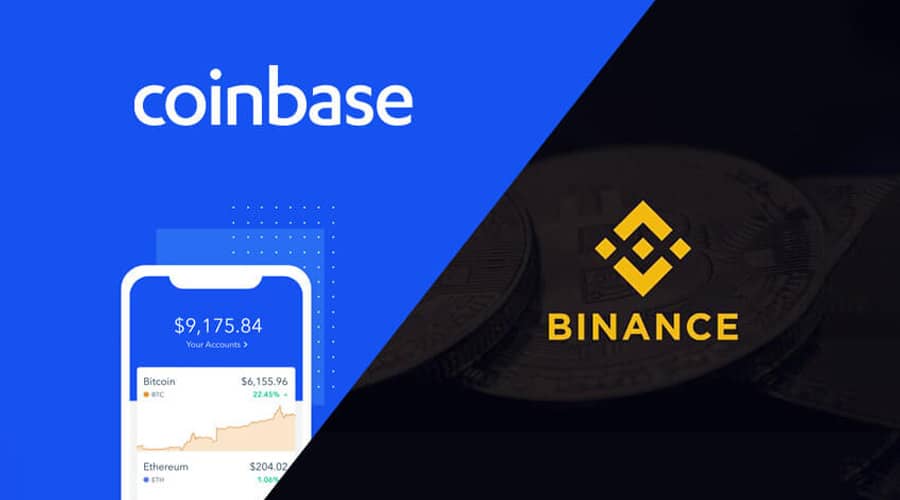- Moonrock Capital CEO claims Binance asked a Tier 1 project for 15% of its total token supply for listing.
- Andre Cronje refutes claims, mentioning Binance didn’t charge fees but Coinbase requested $60 million for FTM token listing.
Simon, the CEO of Moonrock Capital, recently started conversations in the crypto community when he disclosed that a Tier 1 project got a request from Binance for listing, with a major condition: the contribution of 15% of the entire token supply.
This assertion attracted quick attention and sparked discussions about the openness of listing policies among main exchanges. On the other hand, stressing that their procedure is open and fee-free, Coinbase CEO Brian Armstrong said that Coinbase does not collect fees for listing coins.
Andre Cronje Challenges Binance Fee Allegations, Highlights Coinbase Request
Andre Cronje, co-founder of Sonic Labs, quickly refutes Simon’s assertions and points out that Binance did not charge his project any fees, therefore countering this. More importantly, Cronje noted that Coinbase lately asked for $60 million, maybe in reference to the FTM coin.
Binance charged us $0.
Coinbase has asked us for; $300m, $50m, $30m, and more recently $60m.
Lots of respect. But this is simply not true.
— Andre Cronje (@AndreCronjeTech) November 3, 2024
The contradictory stories among leaders from different industries highlight the complexity and occasionally opaque nature of crypto exchange listing procedures. Binance is well-known for its thorough screening procedure, which evaluates legal, compliance, and technical requirements.
Although Binance says their listing process is based on the merit and viability of a business, reports such as Simon’s raise concerns over possible hidden requirements connected with listing on the site.
Concurrently, Coinbase’s token listing approach is under investigation. Armstrong’s guarantee that Coinbase does not charge fees conflicts with Cronje’s claim on the large amount the exchange requests for the FTM token.
Such assertions draw attention to the complex and sometimes opaque character of the agreements that might take place behind closed doors, even when public statements contradict each other.
Transparency Issues Persist in Crypto Exchange Listings
The conflict between official announcements and documented behavior exposes a sector still struggling with consistency and openness.
Binance is perceived as using its large user base and competitive programs like Launchpool to draw projects, but this paper suggests maybe major compromises are being demanded behind the scenes. Given Cronje’s comment, Coinbase—known for its thorough evaluation standards and open approach to operations—now comes under more examination.
For crypto projects hoping to find listings on big exchanges, these dynamics are absolutely essential since the policies and unofficial practices of any platform can greatly affect project plans. The differences in these experiences highlight how differently practical application may vary even if exchanges stress open policies.
On the other hand, CNF previously highlighted Binance’s creative approach with the launch of Binance Financial, which offers financial managers customized solutions for high-net-worth customers in the digital asset space.
Binance Wealth offers conventional wealth managers secure and dependable access to bitcoin markets, encouraging them with VIP services and a variety of token options.





















